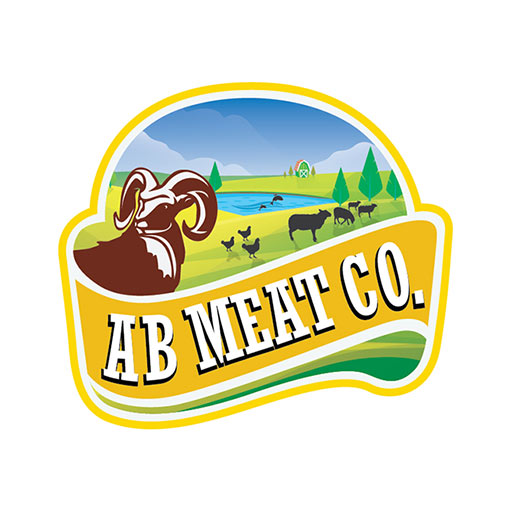
In today’s fast-paced world, people are more conscious than ever of what they're putting on their plates. People want to know the benefits of the food they eat, whether it be for safety, health, or moral reasons. A growing awareness of duty is being felt for understanding the true source and the people that supply our food.
Halal Food Certification is now seen as a signal of quality and safety, not just for the particular community but for everyone interested in fair and high-quality food practices in the modern day of conscious eating. It is the assurance in the eyes of people who are genuinely picky about the specifics concealed beneath each and every meal they love, far from simply carrying a label.
Lets now explore how Halal food certification is relevant to the consumers as well, and how everything can be organized within ethics safety and quality.
Certification of Halal foods ensures that food items are processed and prepared in accordance with very strict and rigid rules concerning hygiene, proper care of animals, and health requirements. It traces the entire supply chain from source towards the end at the place of packing, storage, and client distribution.
Specific health benefits of Halal food certification for consumers differ from non-halal foods some of them are :
This is good to a firm because the market is expanding more. It gives confidence to customers, which means that this product upholds the ethical principles, and by so doing, it demonstrates a sense of commitment to excellence. More importantly, customers believe that products with the Halal certification have quality.
Halal food certification is much more than a label of any item-it is the highest quality in terms of care and assurance. That tiny mark on your food reminds you that every possible precaution was taken for safety, hygiene, and moral accountability before it was served to you.
Contact us for more information or clarification on any of your questions if you require it.